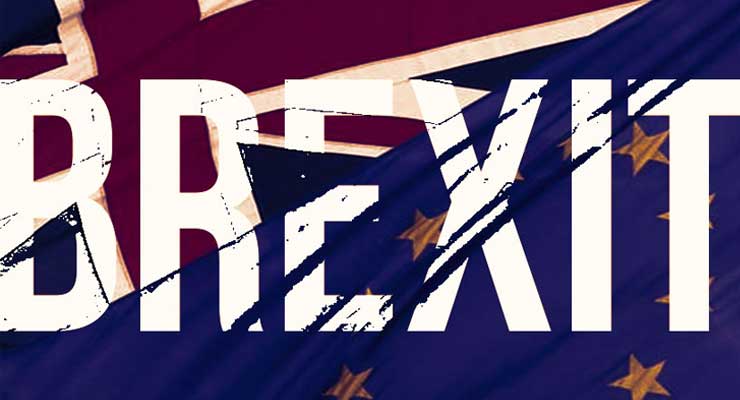
The looming referendum on the continuation of British membership of the European Union (EU), to be held at some point during 2016, reveals the existence of two factors that explain an important aspect of the nature of geopolitics in the second decade of the new century.
To begin with, the anti-EU sentiment that prevails among certain segments of the British electorate (propped up by the Euroskeptic stance of the Conservative Party) is linked to the loss of independence in geopolitical matters. Since the end of World War Two, the prominent standing of Britain in the world has been sustained by its membership of NATO and, since 1973, the European Economic Community/European Union. Britannia is in the camp that rules the waves. But the ruling of the waves happens in the context of the assiduous Atlantic and European links that the country has forged over the years.
 One should not underestimate the power of romanticism in regards to geopolitical matters. The principle of utility is not the only decisive factor in the way that nations put themselves about in the international order.
One should not underestimate the power of romanticism in regards to geopolitical matters. The principle of utility is not the only decisive factor in the way that nations put themselves about in the international order.
In the case of Britain, there is a lingering resentment about the success of the process of European integration, propelled and supported by the United States. Historically, Britain has been averse towards any kind of economic and/or unification of the European continent. Britain is not unduly marginalized within the EU decision-making process, but its voice and vote are qualified by majority decisions.
This state of affairs attests to the loss of independence in geopolitical matters. This is a bitter pill to swallow for a nation with a proud tradition of imperial rule and merchant links to all the regions of the world. The success of the European Union as an engine of economic and political integration compounds the feeling of resentment. The nations of the European Union have managed to set aside past animosities and establish a sound institutional framework based on trade and cooperation. The European Union is the largest economy in the world. Its commitment to the cause of trade and peace commands the support of the most powerful country in the history of man, the United States.
Another facet of Brexit is that the populist stance that is embodied in the referendum on whether to leave or remain as a member state of the EU is aimed at creating the impression that it is possible to reverse the loss of independence in geopolitical matters. The political driver behind this scheme of action is a conspicuously clever one.
Brexit creates the prospect of fragmentation within the European Union. Brexit capitalizes on the rise of populist tendencies among the European publics and the tensions arising at sub-national level. These elements have contributed to dent the process of integration. Think of the Scottish referendum on independence, or the growing support for secession from Spain that exists in Catalonia. Think of the rise of the Far Right in countries like France and Finland. Since national governments are constrained by the harmonized templates that characterize the globalized world, the prospect of getting away from it all appears to be an attractive option for electorates that are destitute of alternative political and economic options.
Brexit embodies the tragedy of modern geopolitics. No single nation is powerful enough to make it on its own in the age of globalization, due to the overwhelming capacity of the markets to dictate the terms of geopolitical engagement, even on prominent nations such as Britain. At the same time, Brexit creates the illusion of a populist revolt against the tyranny of the status quo, embodied in the managerial approach to governance that informs the age of globalization.
Leave a Reply